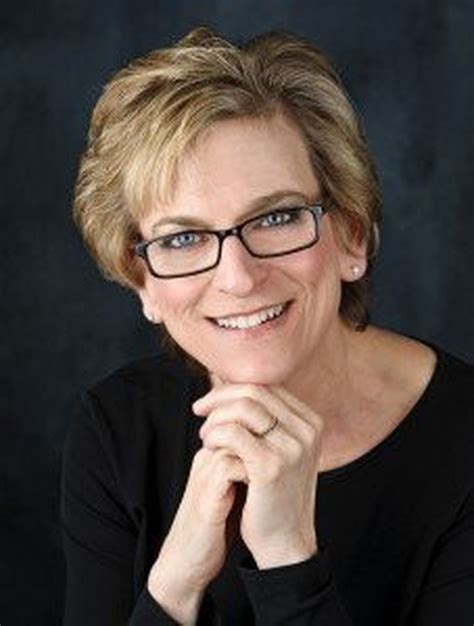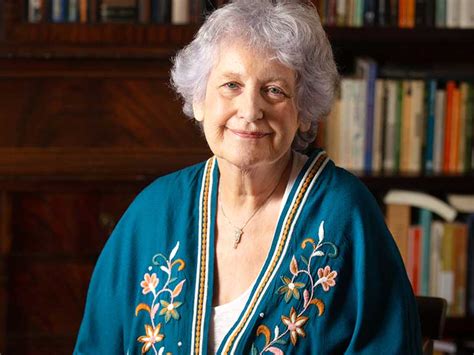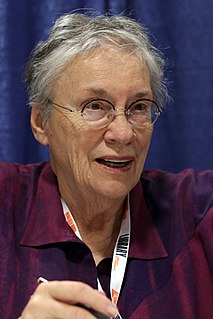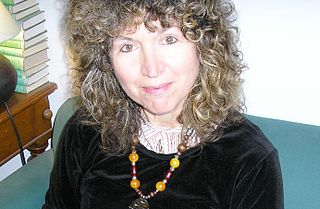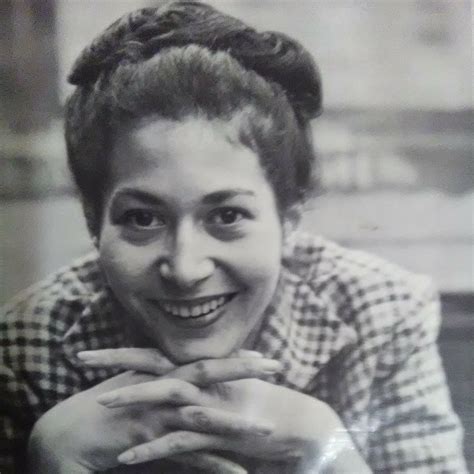A Quote by Matthew Healy
As I tell my intro creative writing students, after reading someone you love, wait at least an hour before starting to write.
Related Quotes
By believing that only some of our students will ever develop a love of books and reading, we ignore those who do not fall into books and reading on their own. We renege on our responsibility to teach students how to become self-actualized readers. We are selling our students short by believing that reading is a talent and that lifelong reading behaviors cannot be taught.
I was starting to wonder if I was ready to be a writer, not someone who won prizes, got published and was given the time and space to work, but someone who wrote as a course of life. Maybe writing wouldn't have any rewards. Maybe the salvation I would gain through work would only be emotional and intellectual. Wouldn't that be enough, to be a waitress who found an hour or two hidden in every day to write?
Writing, or at least good writing, is an outgrowth of that urge to use language to communicate complex ideas and experiences between people. And that's true whether you're reading Shakespeare or bad vampire fiction-reading is always an act of empathy. It's always an imagining of what it's like to be someone else.

